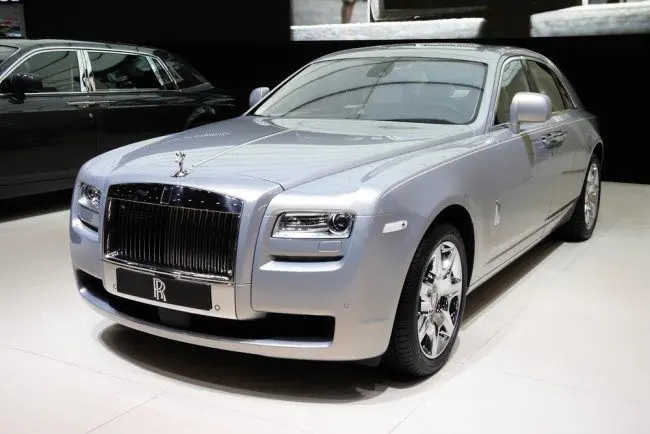Britain’s luxury sector grew by nearly 50 per cent in four years, contributing £48 billion to the economy in 2017, according to a report for Walpole, a trade association.
Frontier Economics, which conducted the research, forecast that the industry would grow to £65 billion by 2024, although if export sales were lost because of a no-deal Brexit the gain would be nearly £7 billion less.
Michael Ward, chairman of Walpole and managing director of Harrods, the department store, called on the government to rule out a hard Brexit and recognise the luxury sector officially, as it is by the EU.
“We should be enormously proud of these businesses — their heritage, creativity, craftsmanship, quality, innovation — and the contribution they make economically, culturally and to soft-power diplomacy,” he said. “It is critically important that this thriving sector is promoted and protected to ensure its long-term growth.”
Top-end cars, such as those made by Bentley in Crewe and Rolls-Royce in West Sussex, drove the sector, delivering more than £31 billion of turnover, while fashion brands such as Burberry and Mulberry contributed nearly £6 billion.
Richard Carter, a spokesman for Rolls-Royce, said demand for high-end goods was resilient to political turbulence.
“For ultra-high net worth individuals, it’s not about the money,” he said. “Nobody is saying to us, ‘How much are the chrome exhaust pipes?’”
In a panel discussion hosted by Walpole in London yesterday, the speakers championed the need to “play on Britishness” because of the “authenticity it represents”, although one of those five voices was Mr Carter, a South African; another was an American, Whitney Bromberg Hawkings, chief executive of Flowerbx, a fresh flowers supplier; and a third was Frieda Gormley, the Irish co-founder of House of Hackney, an interiors and fashion brand.
Walpole’s report showed that employment in the luxury sector rose by 38 per cent to 156,000 in the four years to 2017, accounting for nearly 6 per cent of all jobs created in the UK.


